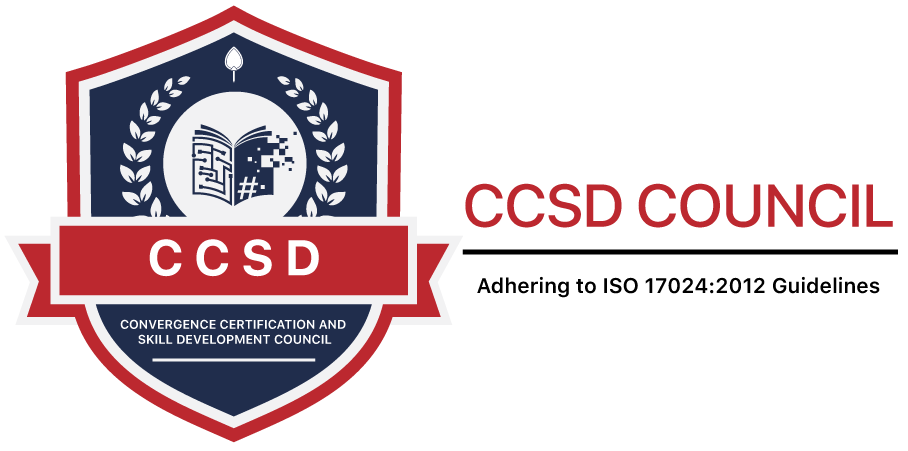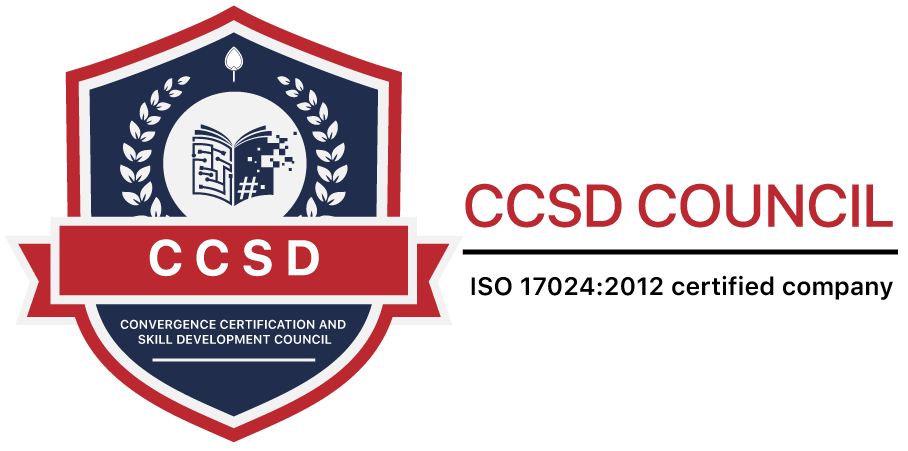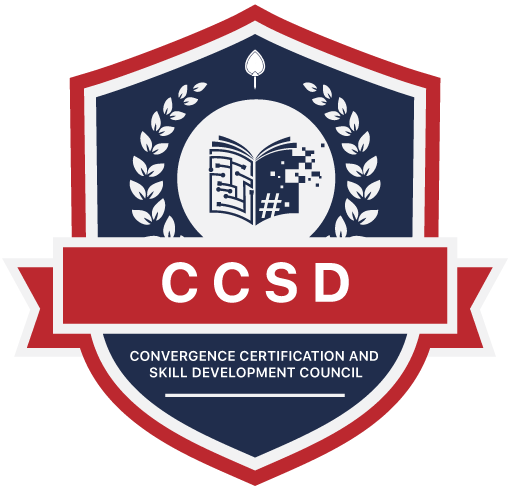The goal of this workshop is to help the candidates see the big picture of RPA and help them in hands-on RPA. The most likely way to adapt & thrive in this new age will be to know how to build & maintain software robots and automate mundane tasks.
Even if individuals are not IT savvy, having proper understanding on the overall concept of RPA can salvage their position in the job market as they’ll be able to support organizations whom are already implementing it or help those who are adopting the practice. Ability to even automate Microsoft Excel & Word can prove to be very beneficial in today’s job market.
UI/UX :- This certification also focuses on professionals who work on the UI/UX interface prototyping and designing of interfaces to ensure that users are able to interact properly with applications using that interface.







